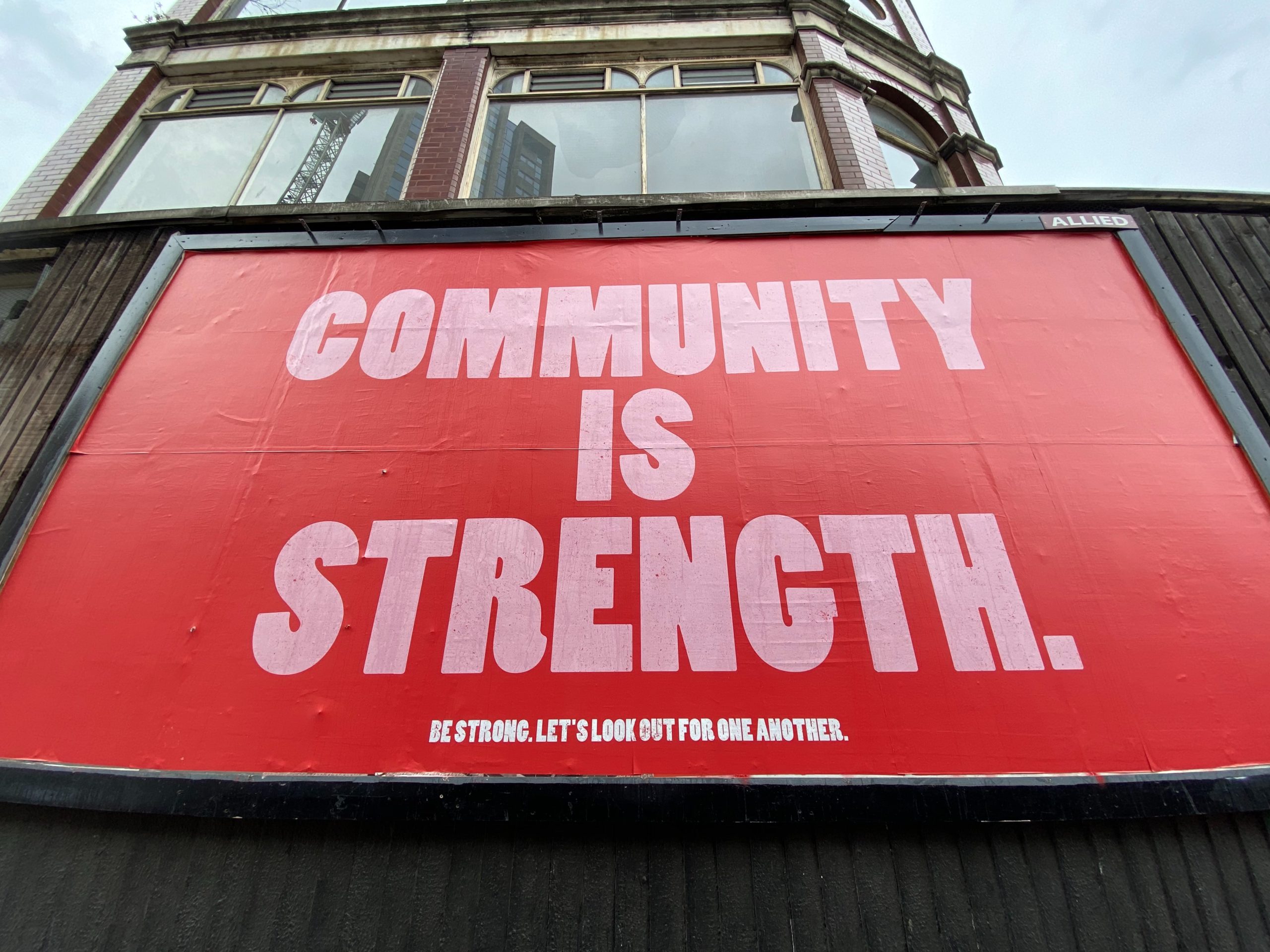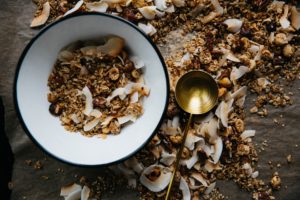I never know who will be in the waiting room when I walk in. But in my experience, I have always found someone interested in having a conversation with me. There are a number of reasons why a patient finds his or her way to the Weill Cornell Community Clinic (WCCC), where I work as a patient education coordinator, but when I mention “food” and “nutrition,” conversations flow. The WCCC is a student run free clinic that sees uninsured patients from all over New York.
I recently finished my first year of medical school, and my goal at the weekly clinic was to establish a nutrition education program. My audience is the individuals or their families waiting to see the medical student doctors at the WCCC. I had a standard practice—hand out healthful raw ingredients and a packet of recipes to try. More often than not, I found myself chatting with patients about their eating habits and how they feel about their diet and nutrition status. Throughout my experience I started noticing common threads between patients:
- I don’t feel like I have a lot of time to cook because I’m running around all day
- I’m on a tight budget.
- How do you know what to eat?
After each encounter, I would confess, “You know, I often feel the same way.”
I tell them that I am by no means a nutrition expert and I do not have all the answers; I am trying to navigate an overly complicated and unfairly crowded world of food, just as they are. I share my own strategies, like scheduling trips to the grocery store and putting them into my calendar; planning my meals before I go grocery shopping; cooking for the week ahead so that I don’t find myself spending hours in the kitchen every night.
“I don’t have the time to cook.” “Buying fruits and vegetables are too expensive.” “I live alone, and I can’t eat all the vegetables before they go bad.” “I’m too hungry by the end of the day so I just grab something on the way home.” “Even if I do go to the grocery store, I don’t know what is ‘healthy’ and what isn’t.”
The patients at the WCCC are uninsured, and they often work multiple jobs, with long hours and low wages. In some ways, patients seen at the WCCC aren’t so different than medical students — both struggling to create strategies for budgeting time and money for food.
My nutrition education efforts are simple, but I consistently find that patients are motivated and excited to talk about their food choices. Tapping into this motivation could help the carpenter who can’t figure out a way to take a lunch break without taking a hit to his pay, or energize the woman who recently starting cooking with a friend on Sunday nights.
One of my favorite resources to direct motivated patients to is Michael Pollan’s Food Rules, which provides straightforward and simple directions by which to live and eat. In a world teeming with “all natural,” “low fat,” “sugar-free,” “super foods,” and “ancient grains,” sometimes it’s hard to know which way is up. Pollan lays out rules that make sense:
- Shop the perimeter of the supermarket and stay out of the middle aisles
- Eat foods made from ingredients that you can picture in their raw state or growing in nature
- Sweeten and salt your foods yourself
- Try not to eat alone
It is hard enough for me to eat well as a medical student, let alone understand what “eating healthy” means. Compound my situation with chronic illness, food deserts, low socioeconomic status, and/or lack of education, and the odds become completely stacked against the patients of the WCCC. That’s why I tell them to go back to the basics, just as I try to do. It is nearly impossible to keep up on what the latest superfood is, whether egg yolks are the best or worst thing that ever happened to us, or if Stevia is better or worse than other sugar substitutes. But we can all reason out that more colors on our plate are a good thing, and that an apple must be a “whole food” because it is one whole piece of fruit.
I’m hopeful this message is helpful to the patients I’ve seen at the WCCC.
- Like Mother, Like Daughter: a reflection on a study - September 10, 2018
- Lightly Salted: The Food Industry and Public Health - November 20, 2016
- The Blame Game: The Sugar Industry and Coronary Heart Disease - September 22, 2016




